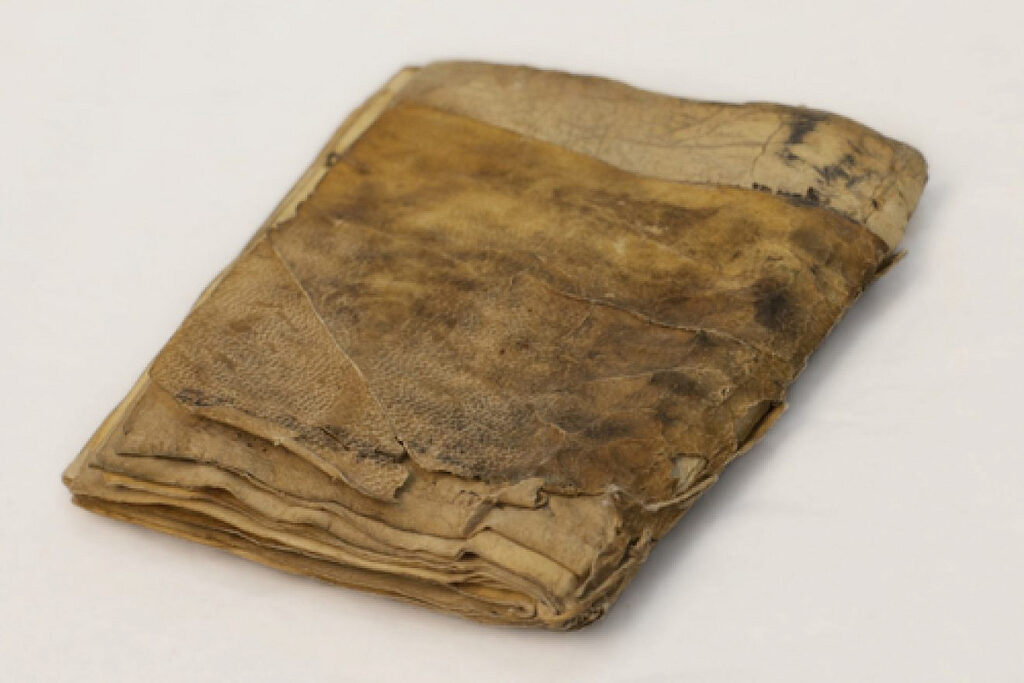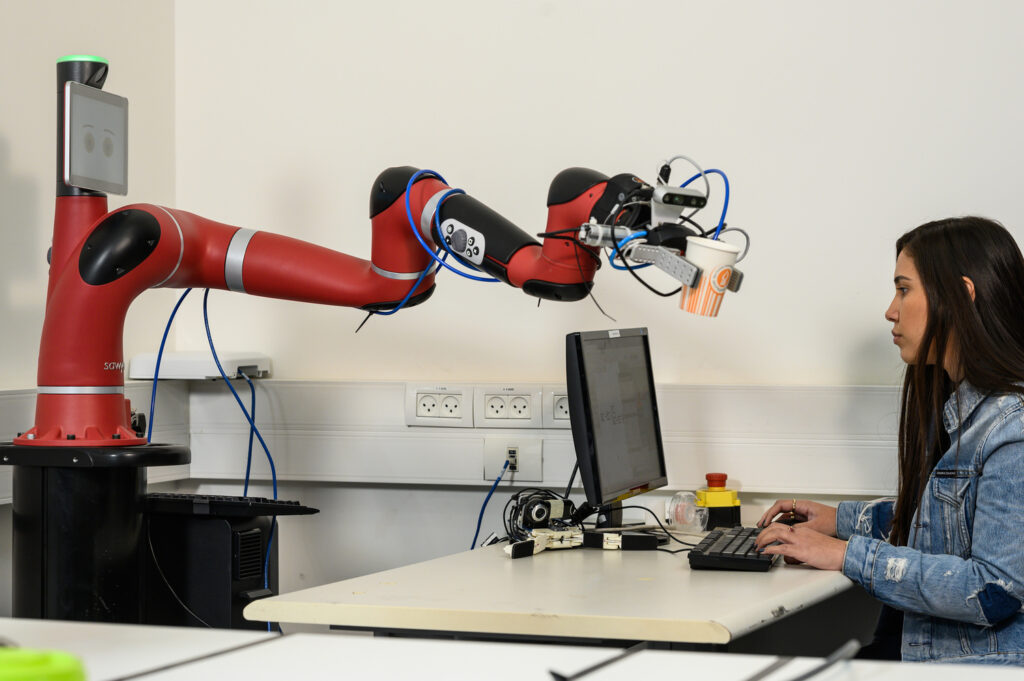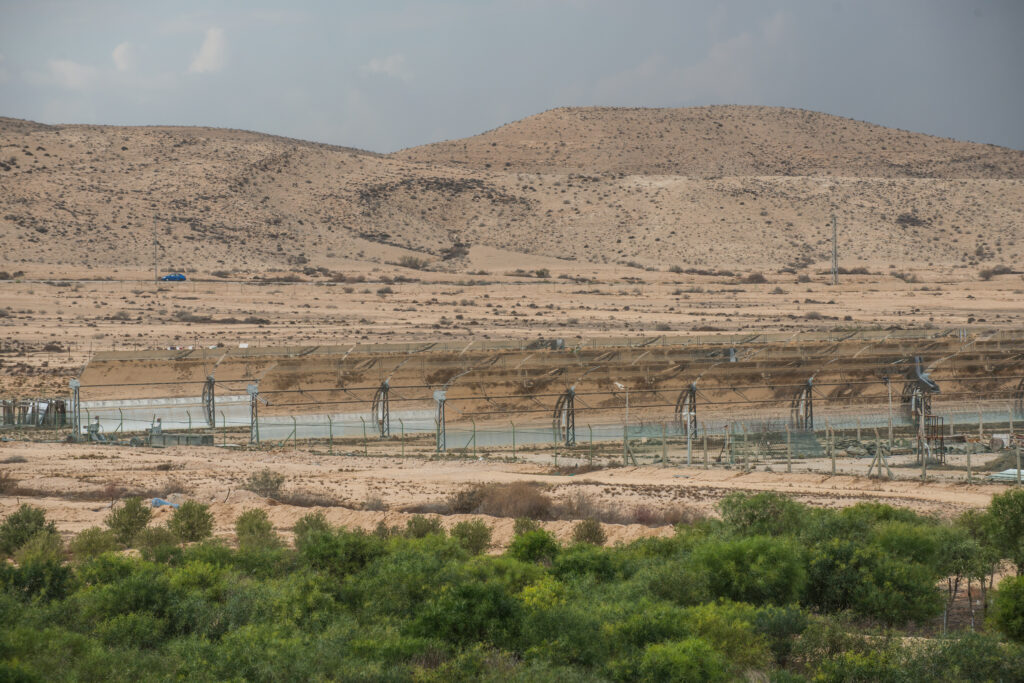
New App Exposes Forgeries
January 20, 2017
Christian Science Monitor — American banks lose more that $600 million annually to check fraud, and about one-third of that crime involves forged signatures.
But a research team from BGU and Tel Aviv University have discovered a way to verify handwritten signatures with data from motion sensors in smartwatches and fitness trackers. They’ve created an app that uses these sensors and can determine signature authenticity with 95 percent accuracy.
Ben Nassi, a graduate student in BGU’s Department of Software and Systems Engineering, was the lead researcher on the project under the guidance of Prof. Yuval Elovici of BGU’s Cyber Security Research Center.
In a research paper about the study, the team notes that the technology can be applied to more than just battling financial fraud. For instance, lawyers could use it to confirm signatures on contracts, and election officials could use it to authenticate voter signatures on mail-in ballots.
“This can be used in every situation you can think of that your signature is required and you need to have a level of confidence that the person who signed is the right person,” says Nassi.
The researchers tested 1,980 signatures taken from 66 undergraduate students at Tel Aviv University on a tablet device. Participants wore a Microsoft fitness tracker with the researchers’ application installed on it, which recorded sensor data while the signature was being made.
A week later, the researchers asked the students to forge signatures of five other students in the study, giving them multiple attempts to do so. The system that Nassi and his team created recognized the vast majority of the forgeries as fake.
To put the system into use in the real world, bank customers could enroll in a signature-verification program, providing signature samples in person while wearing a smartwatch or fitness tracker with the app installed. The device would record their hand movement, encrypt the data and send it to the bank’s server for future verification.
This innovation comes fresh on the heels of another of Nassi’s projects coming to fruition, the development of a virtual breathalyzer app that can test intoxication levels.



